Advertisement
Water quality 'unacceptable' for 90% of Cape Cod's coastal bays
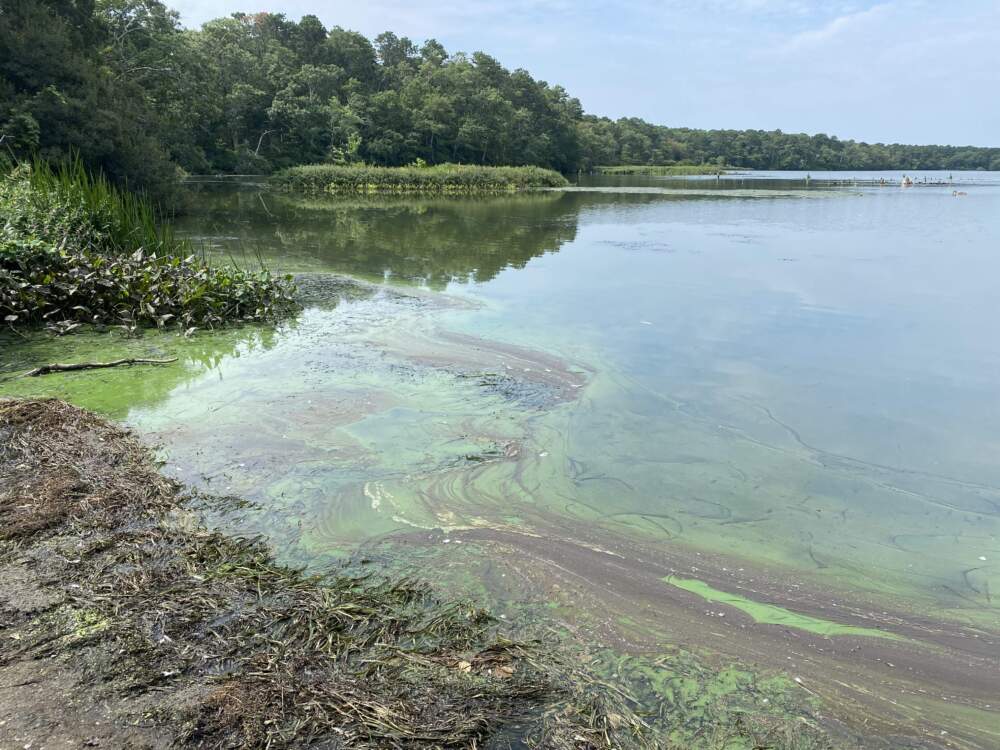
Ninety percent of Cape Cod's coastal bays and more than a third of its ponds have "unacceptable" water quality. That's according to the nonprofit Association to Preserve Cape Cod's annual State of the Waters report, released Wednesday.
Cape Cod’s bays and ponds are polluted with excess nitrogen and phosphorous from lawn fertilizer, stormwater runoff, and — mostly — untreated wastewater leaching out of septic systems. The excess nutrients feed the growth of invasive weeds and toxic algae.
The number of bays and ponds ranked "unacceptable" in this year's report was nearly identical to last year's, signaling that various anti-pollution measures — including new state regulations just beginning to be implemented — have yet to show meaningful results.
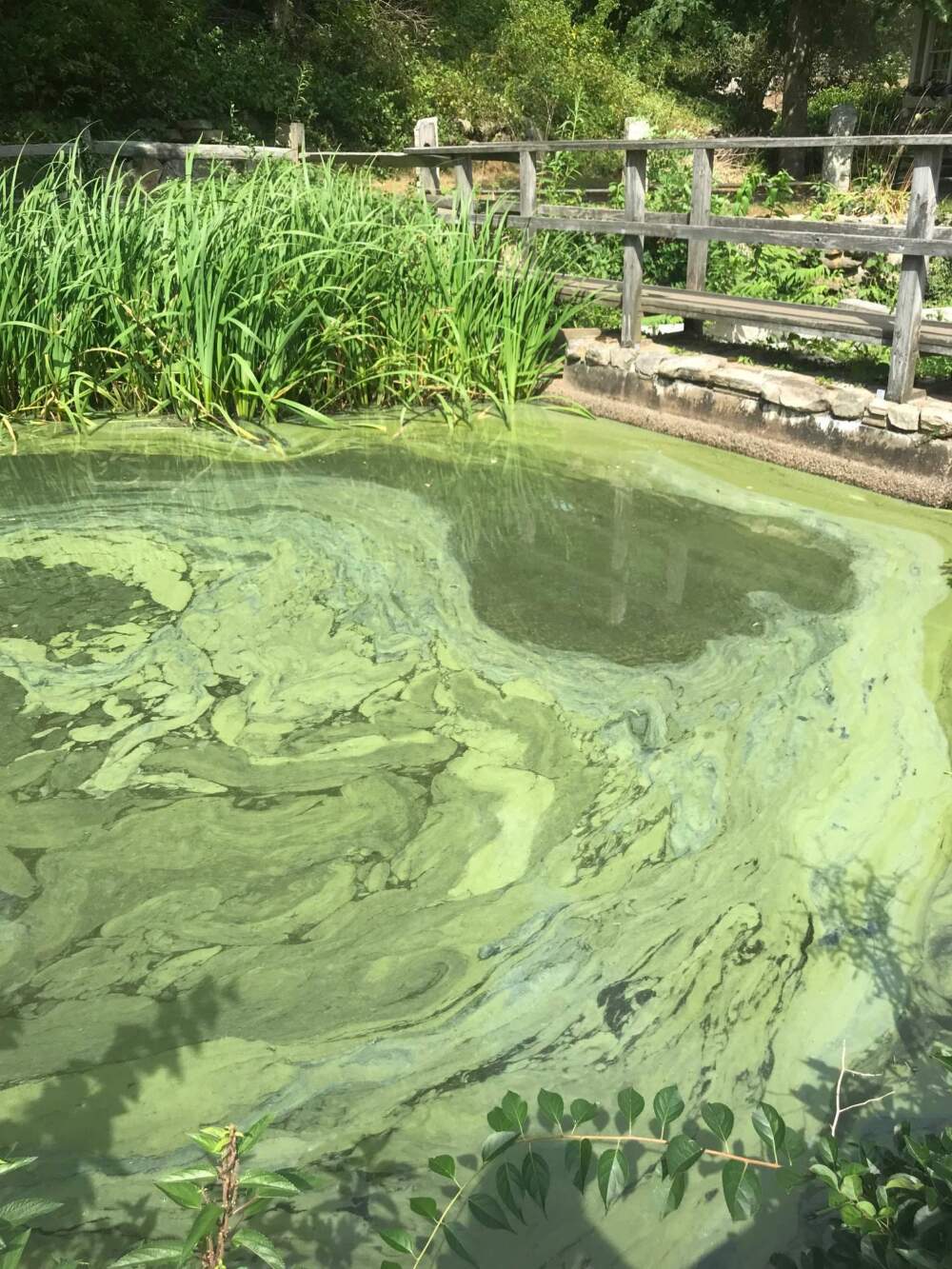
"It took a long time to screw these things up and it's going to take a long time and a lot of investment to bring them back," said Andrew Gottlieb, executive director of the Association to Preserve Cape Cod. "But we're finally on the right track ... I think we should start to see improvement over the next five years."
Cape Cod has more than 550 miles of coastline, at least 890 freshwater ponds and 53 small saltwater bays bordering the ocean. The Cape's beaches, ponds and inlets are used for swimming, boating and fishing, and form the backbone of the region's $1.4 billion tourism industry.
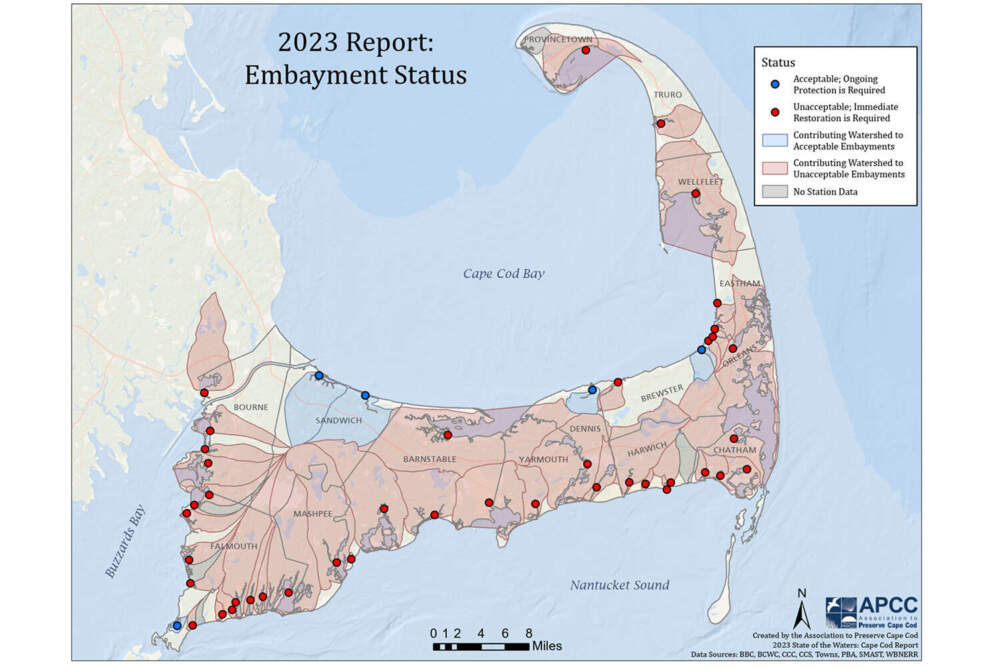
Over the past five years, the number of saltwater bays with "unacceptable" water quality increased from 68% to 90%. The number of ponds with unacceptable water quality has remained fairly consistent over the last five years, ranging from 35% to 42%.
However, freshwater cyanobacteria blooms, better known as "toxic algae," are triggered by warm water and sunlight, and are expected to increase as the region warms with climate change.
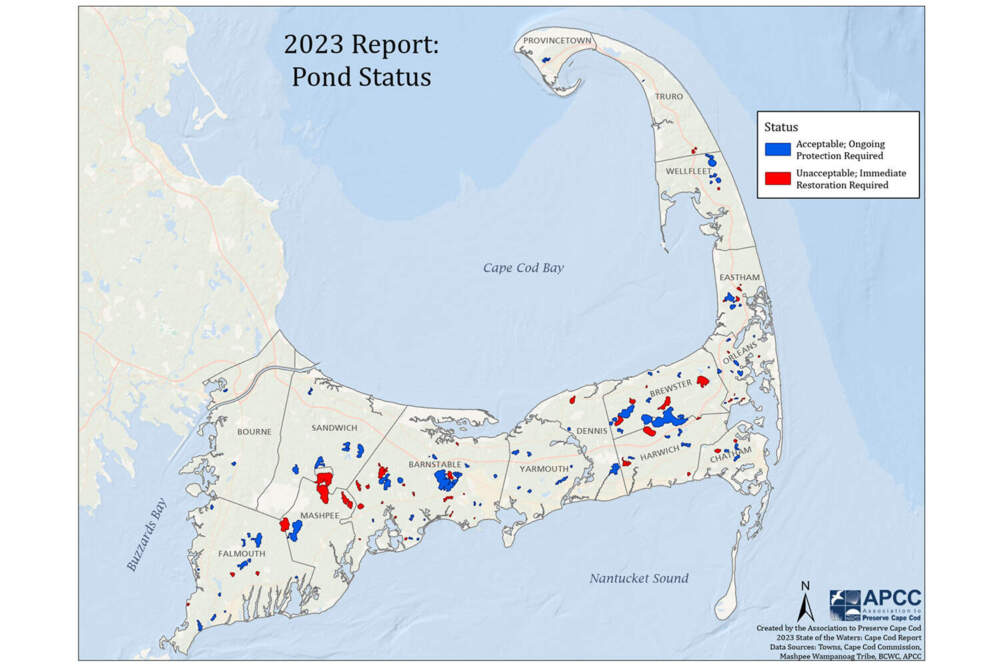
One bright spot: the Cape’s public drinking water, for the most part, remains excellent. The group graded 21 of Cape Cod’s public drinking water supplies; 19 received ratings of “excellent” and two were rated “good.” Gottlieb said that policies to protect land around water supplies were put in place in the 1970s and '80s, and the result of those actions has been a "resounding success."
Many towns on the Cape are now working to curtail nutrient pollution in bays and ponds, but funding remains a concern. Cape Cod's short-term rental tax has successfully raised funds for cleanup efforts, so far providing $98 million to eight towns to pay for water quality remediation and wastewater infrastructure.
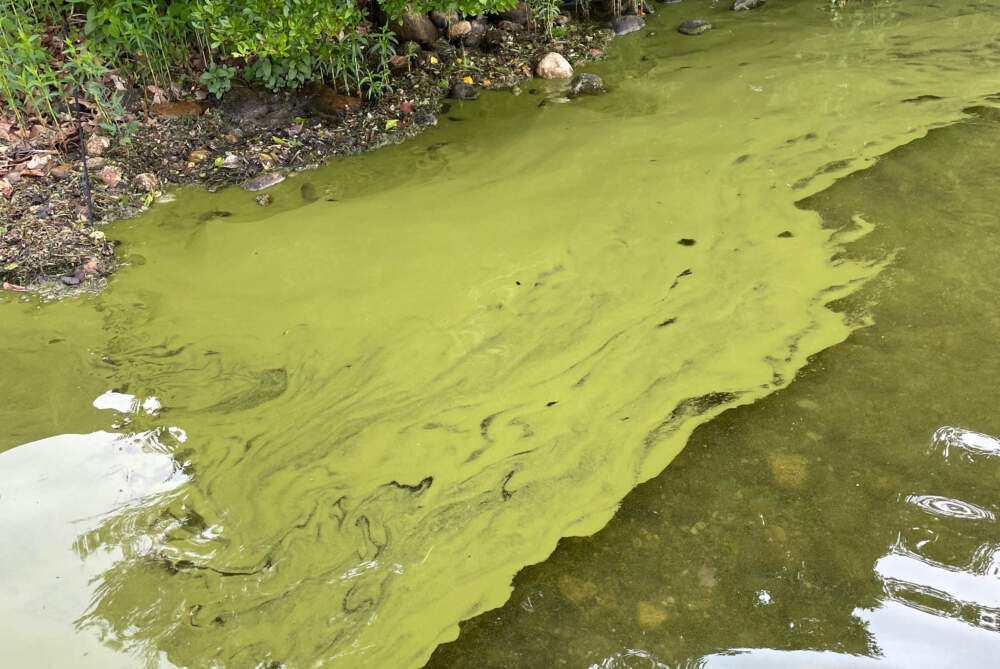
Now, said Gottlieb, with a new state mandate forcing communities to clean up the water, towns are lining up to start new projects, but there isn't enough money for all of them. Without more funding from the state and federal governments, or other sources, Gottlieb is concerned about a potential slowdown. But he's also seeing a growing understanding of the problem and a desire to fix it.
"Over a half a billion dollars of wastewater management projects are going before Cape Cod town meetings in the spring of 2024," Gottlieb said. "That's a tangible reflection of how much things have changed and how we're on the precipice of making things better."
